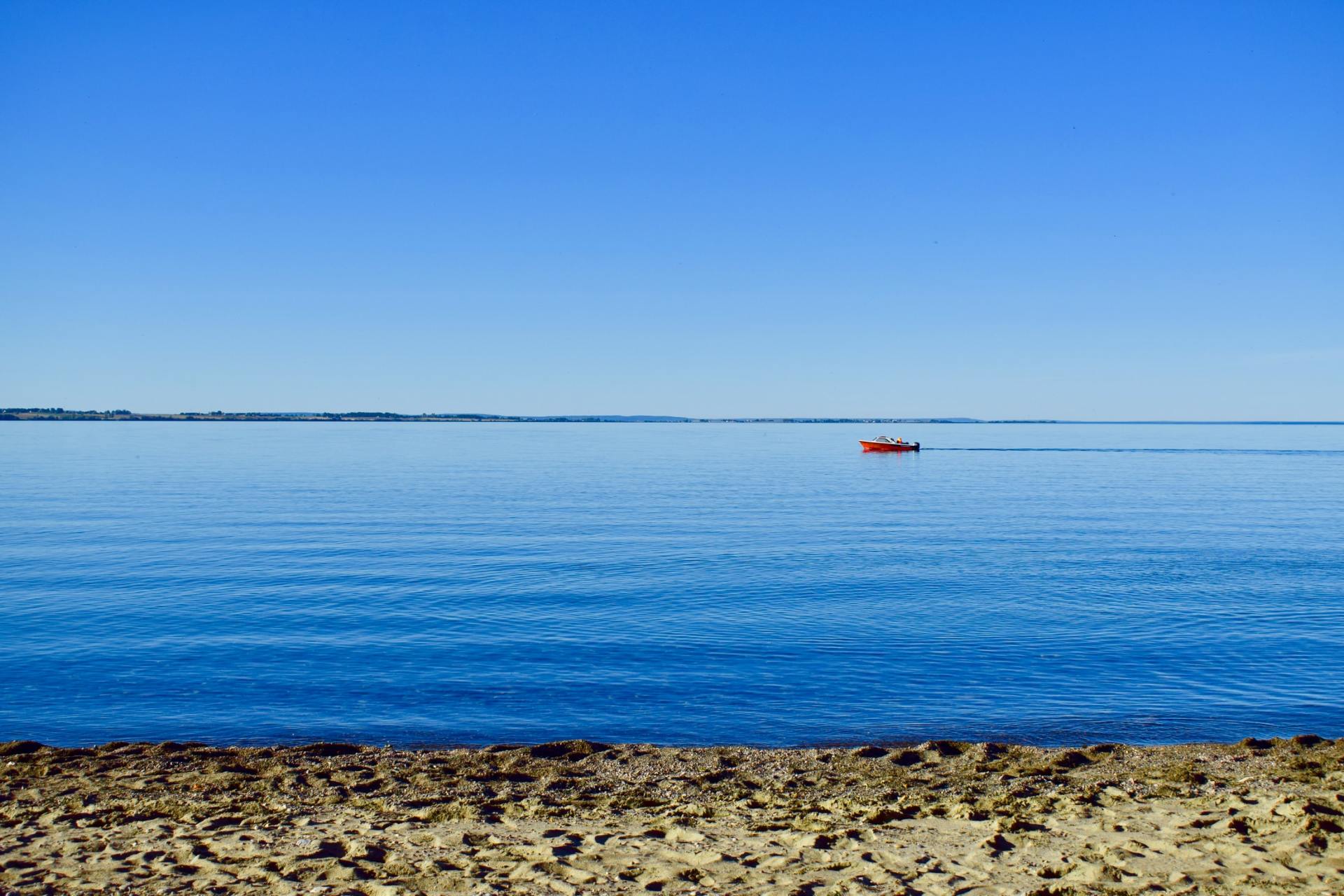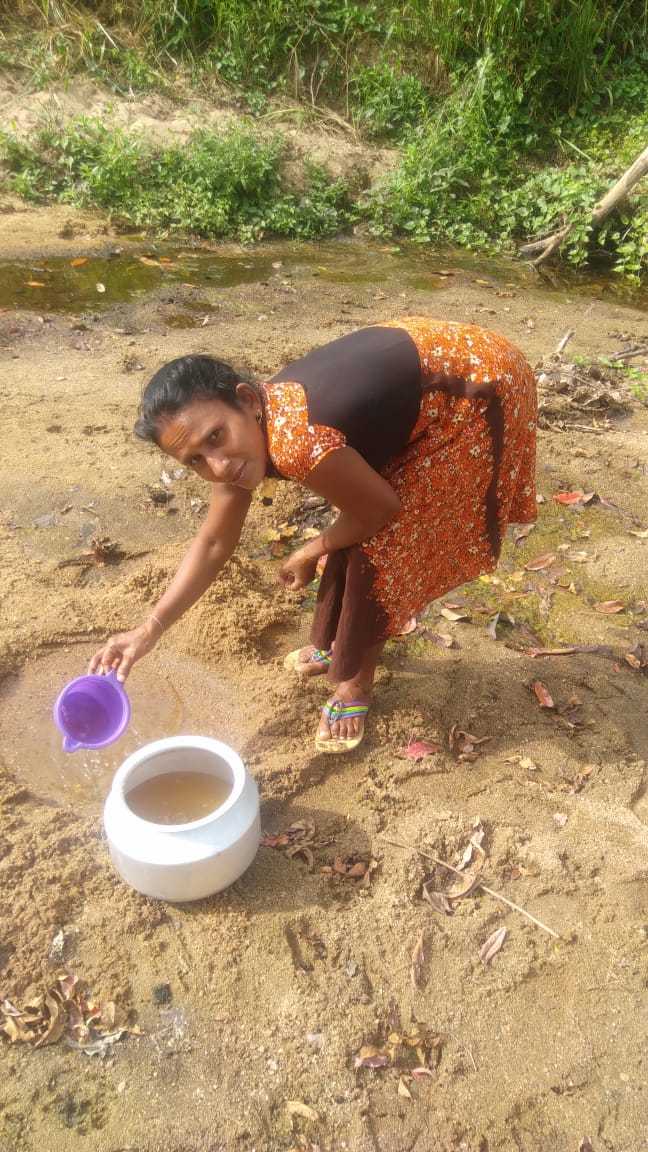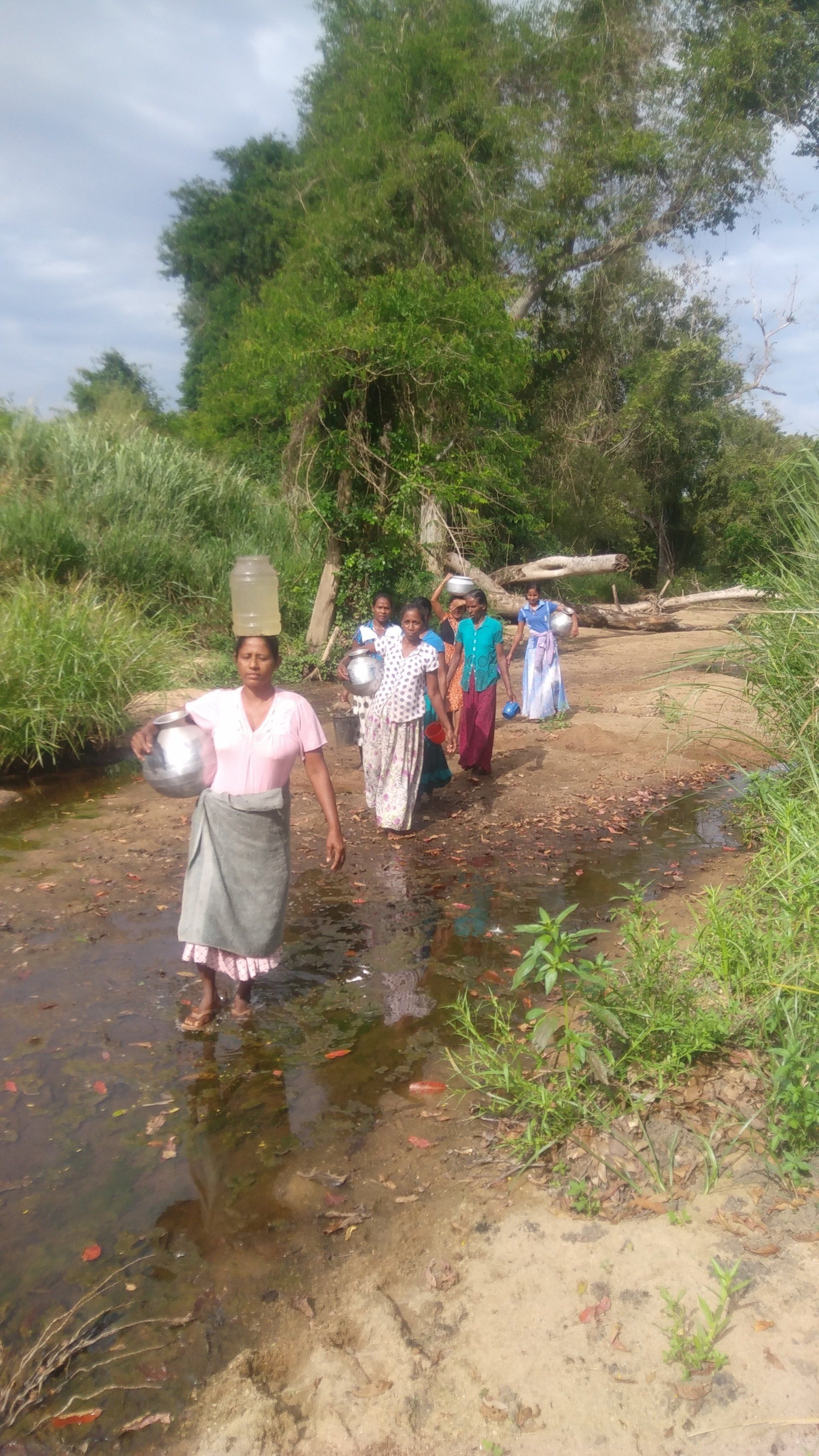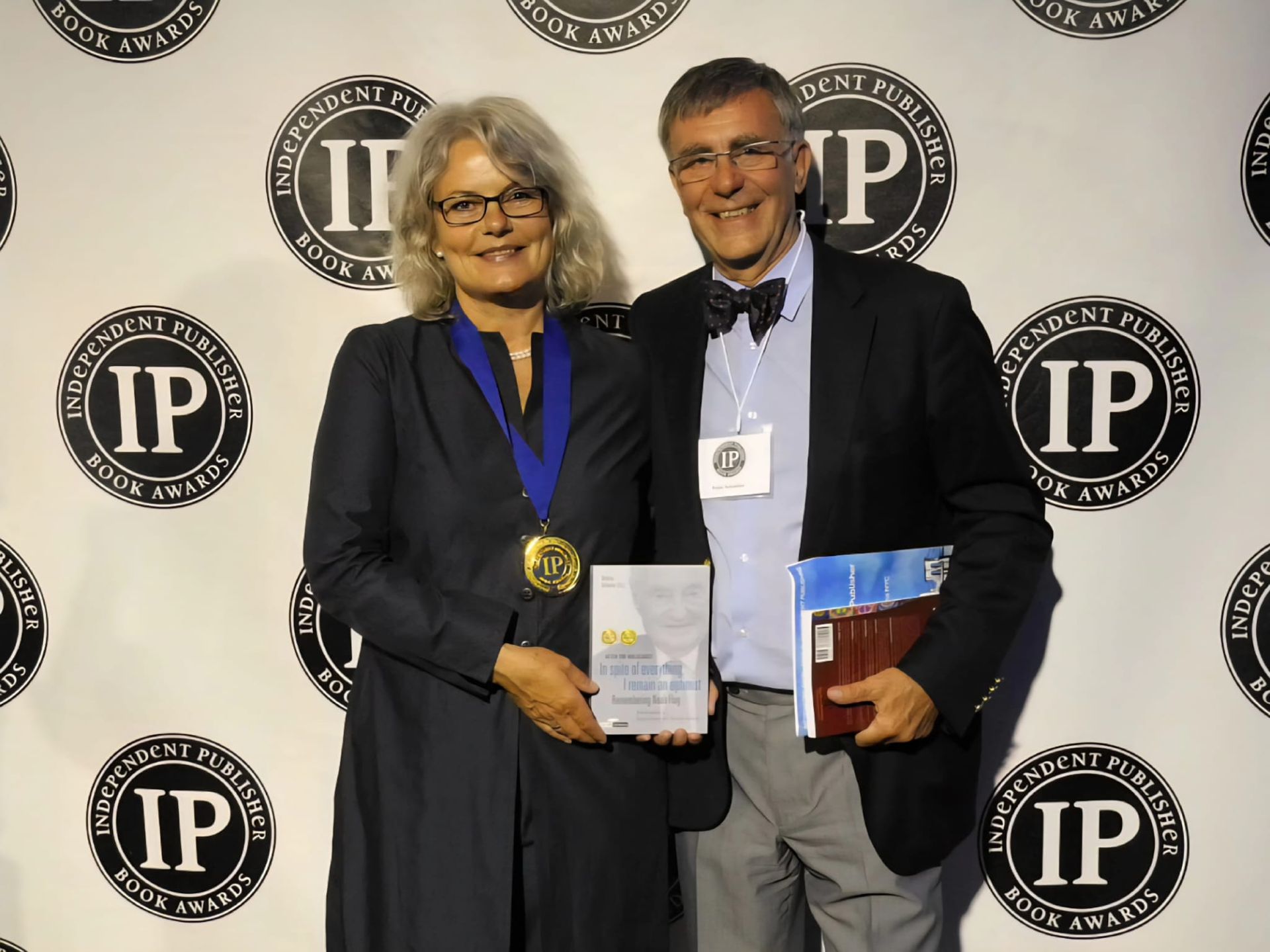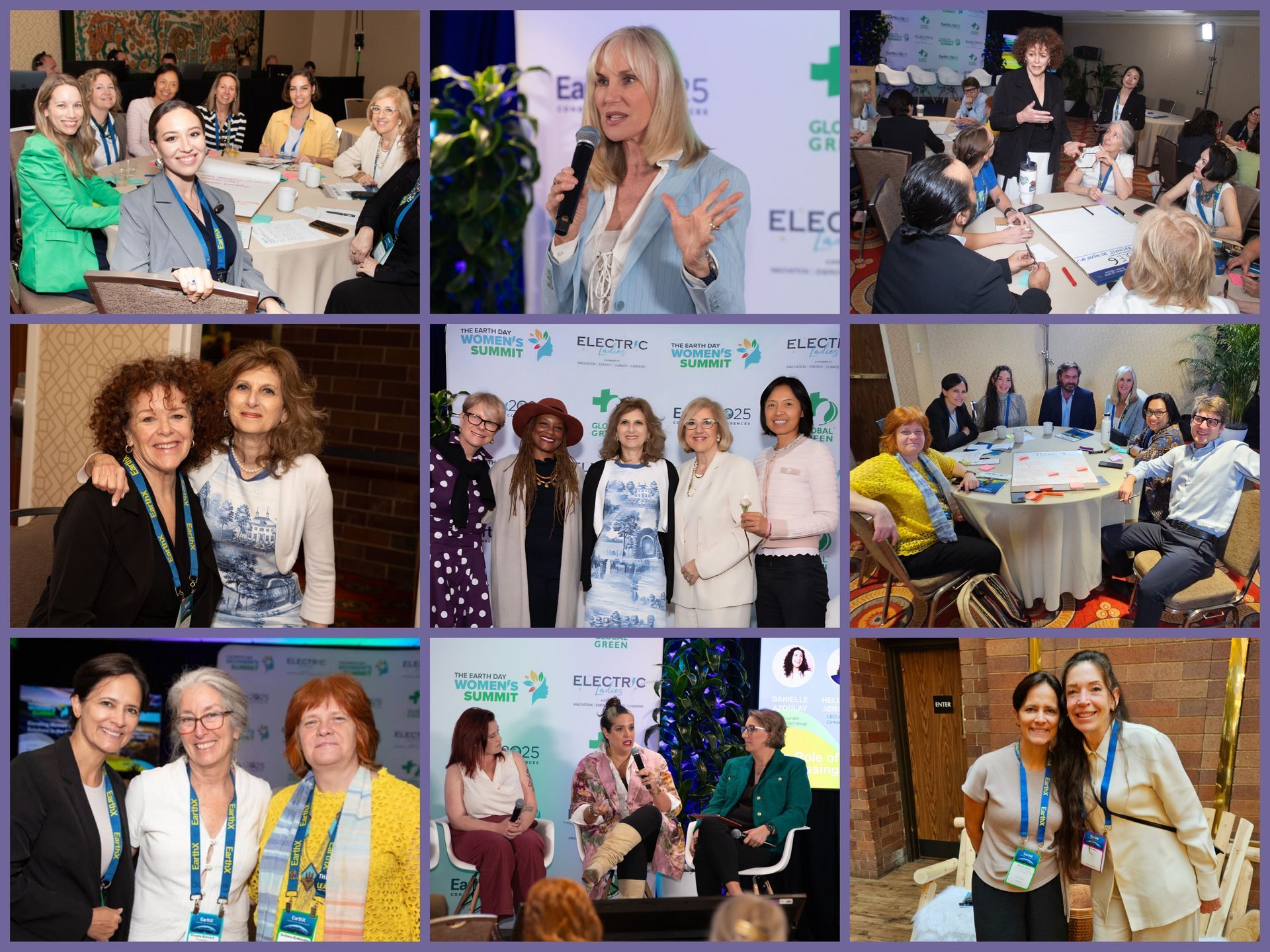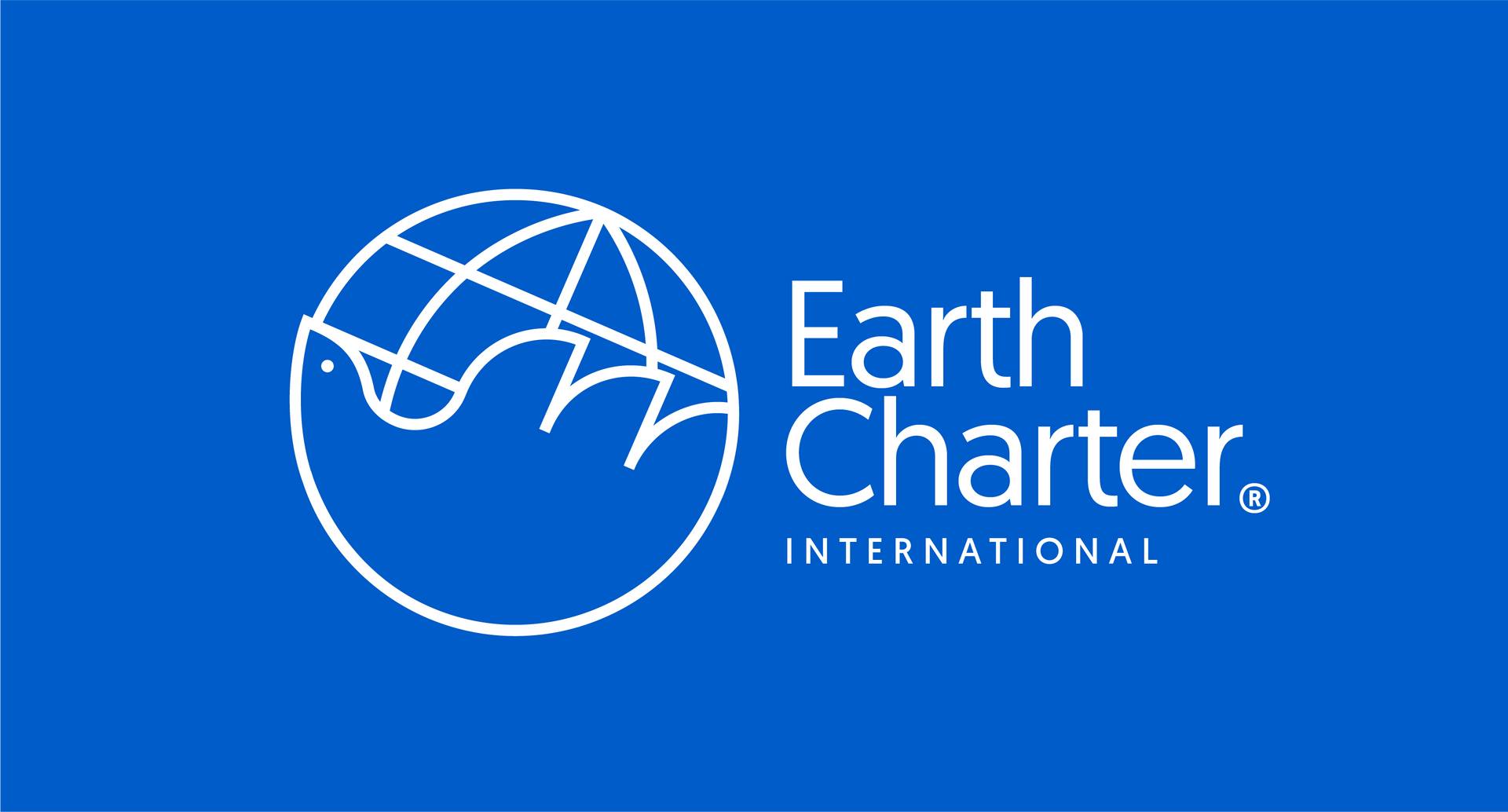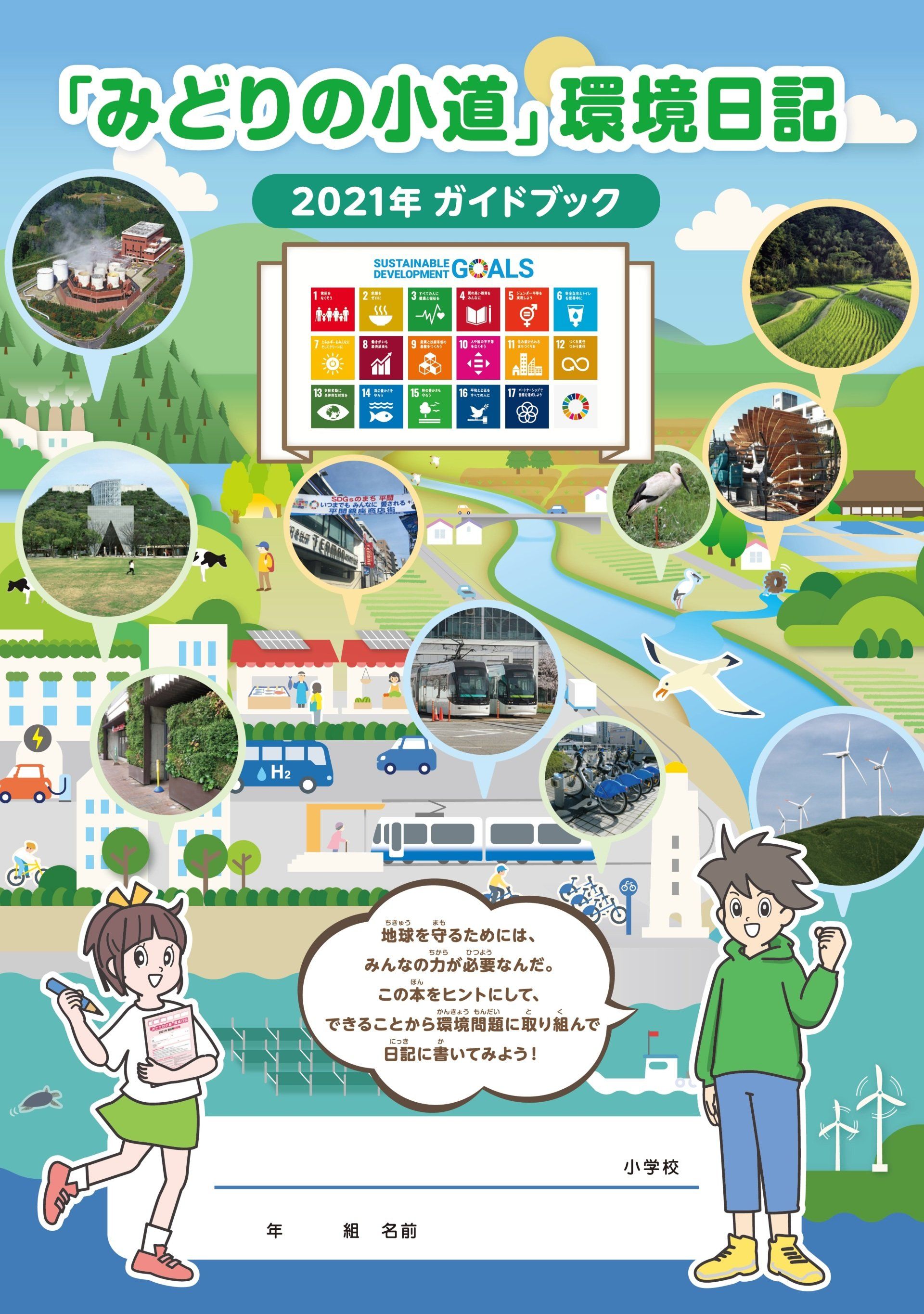By Sunil Chacko
•
July 1, 2019
Switzerland, (July 1, 2019) — Following several months of discussion by the Green Cross International (GCI) Board of Directors, Diane Meyer Simon will assume the chair of Green Cross International from Martin Bäumle as per July 1 2019. Bäumle will remain on the GCI Board of Directors. Diane Meyer Simon is the Founder & Co-Chair of Global Green, the American Affiliate of Green Cross International. Simon founded Global Green in 1993 following a Moscow Board Meeting of Green Cross International and in alignment with her dear friend, President Mikhail Gorbachev. For the past quarter-century, Simon has spearheaded Global Green USA’s agenda and mission, to foster a global value shift toward a sustainable and secure future for people, places, and the planet in need. Global Green serves as a model for urban sustainability with projects in responsible resource recovery, green urban design, affordable housing, water management, environmental policy, and climate resilience. Most notable are Global Green’s efforts in New Orleans following Hurricane Katrina, as well as long-time influence on the Hollywood community – with key Global Green celebrities acting as the essential mouthpiece to environmental advocacy and a more sustainable future. Diane Meyer Simon assumes the helm at Green Cross International during a time of great transition and influence. Green Cross is grateful for Bäumle’s great efforts to benefit GCI in recent years by implementing a leaner structure and several cost saving measures. With her new position, Diane is poised to fortify Green Cross and its mission as originally intended by her dear friend, Gorbachev. In 1990, Green Cross was introduced as a source of global aid to a world in ecological trouble–resembling the emergency response model of the Red Cross. In 1993, Green Cross International was founded in hopes of expediting solutions to environmental problems that transcend national borders. Today, Simon is motivated to defend GCI’s programmatic pillars: Value Shift; Social & Medical (SOC MED); Environmental Security & Sustainability (ESS); Water for Life & Peace; and Smart Energy. Together Green Cross and Global Green’s mission and programs live in harmony, a collaborative response to challenges of environmental security, poverty, and degradation in order to ensure a sustainable and secure future. Diane Meyer Simon’s family serve as her every inspiration and primary motivation to actualize an enlightened human race. A human race with an understanding of the inter-relationship of humans with our living Earth. Simon believes we must learn to lighten the human load on Earth’s resources. Her work with Global Green and Green Cross International is her deepest hope for both her children’s future, as well as all of Earth’s future generations. ABOUT: Global Green USA is dedicated to helping the people, places, and the planet in need through catalytic projects, transformative policy, and cutting-edge research. Global Green USA’s signature programs include greening affordable housing, neighborhoods, and cities as well as rebuilding communities — such as New Orleans and areas of New York and New Jersey — that have suffered from the impacts of climate change, sea level rise, and environmental degradation. Global Green USA is the U.S. affiliate of Green Cross International, which was founded by President Mikhail Gorbachev in 1993 to foster a global value shift toward a sustainable and secure future. For more information, visit globalgreen.org and follow us @globalgreen . Green Cross International works to promote legal, ethical and behavioral norms to ensure basic changes in values, actions and attitudes of government, the private sector and civil society, necessary to develop a sustainable global community. GCI’s programmatic pillars focus on the critical nexus in the quest for a just, secure and sustainable future for humanity. President Mikhail Gorbachev founded Green Cross International in 1993; its key programs include Water for Life & Peace, Environmental Security & Sustainability, Social & Medical, Smart Energy, and Value Shift.

